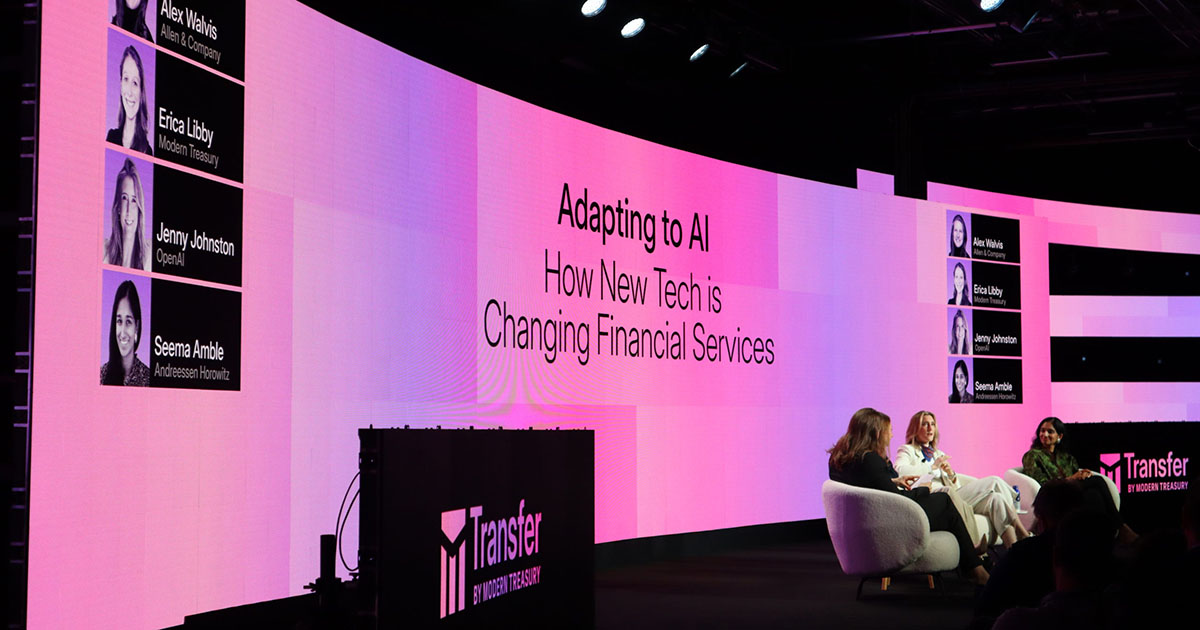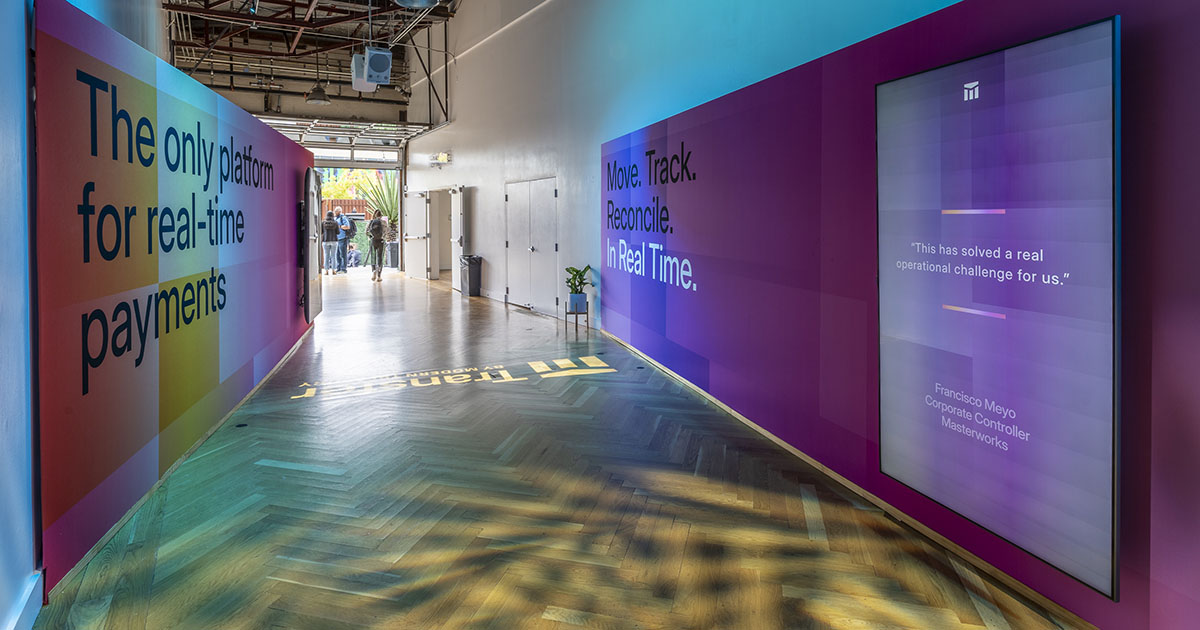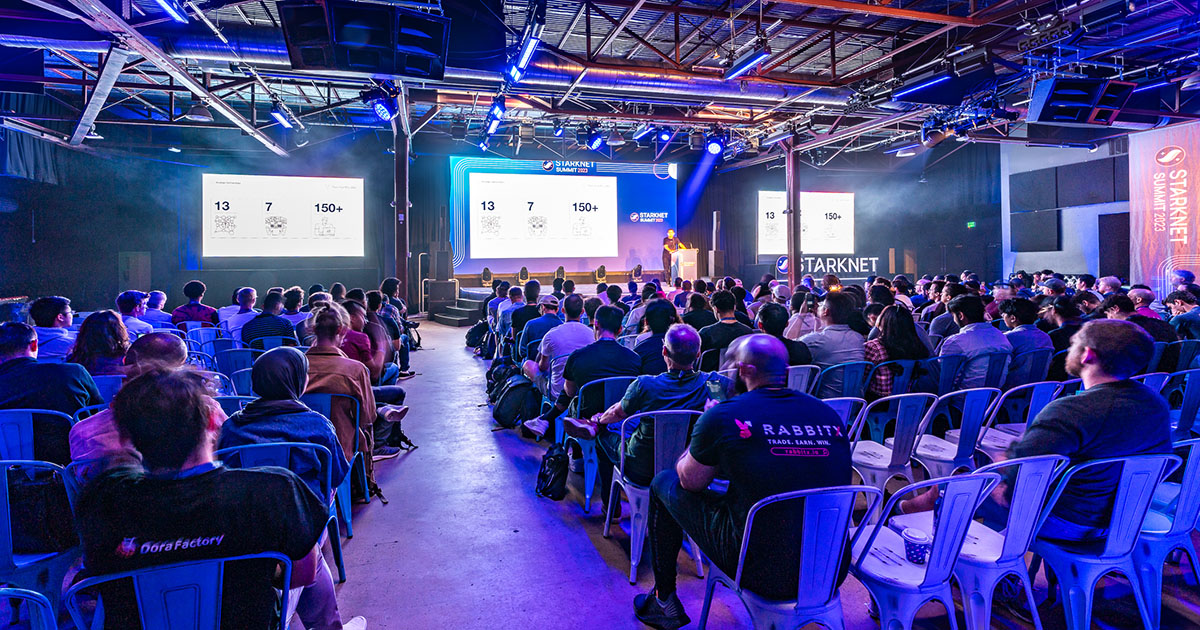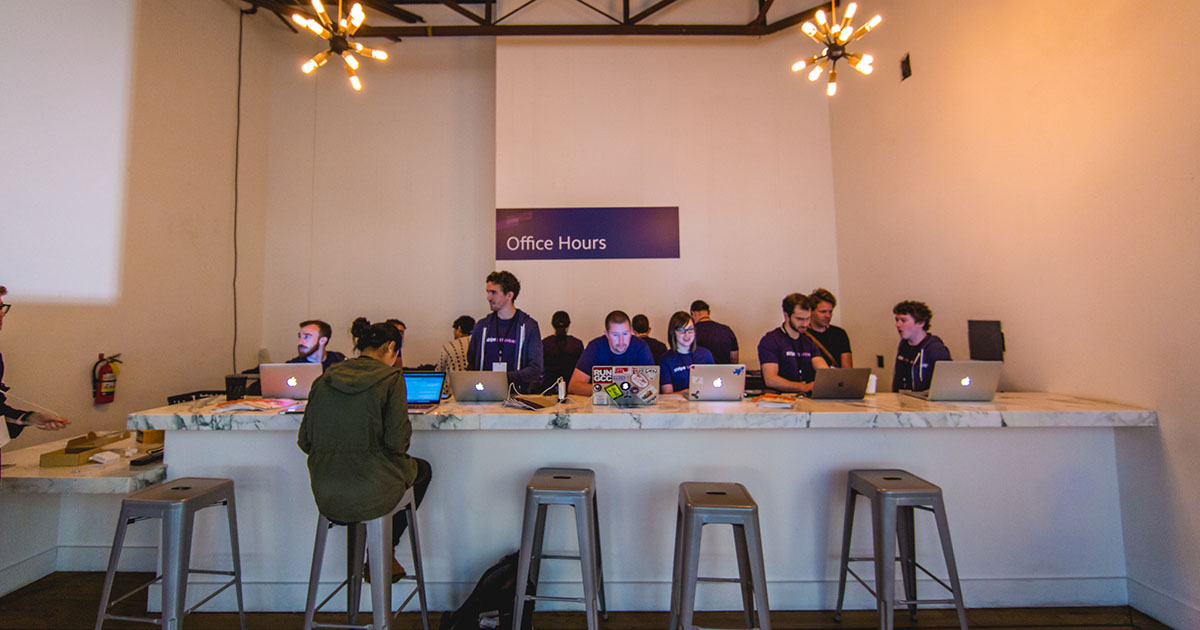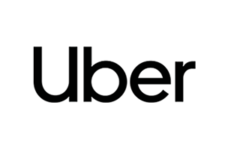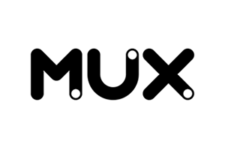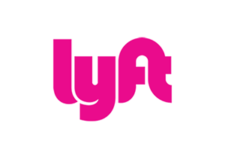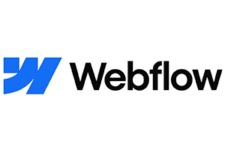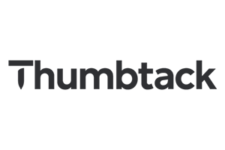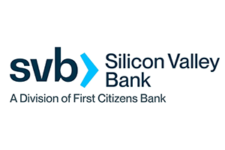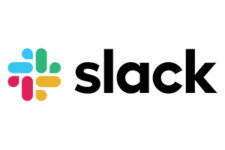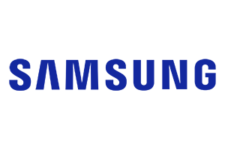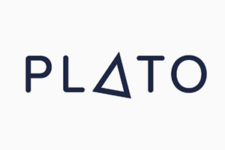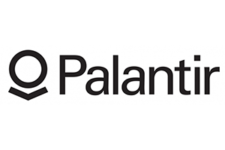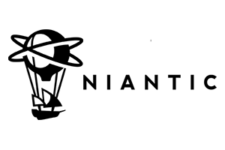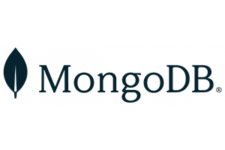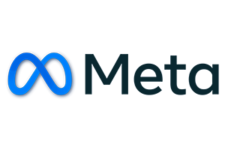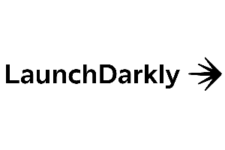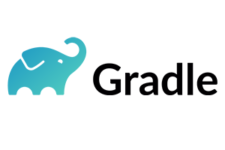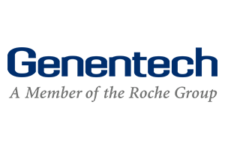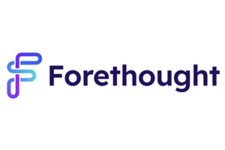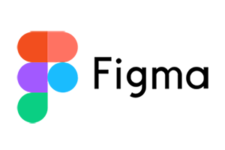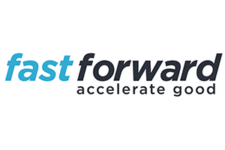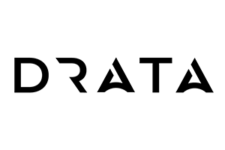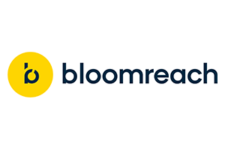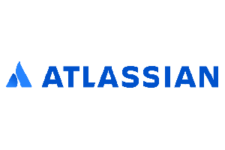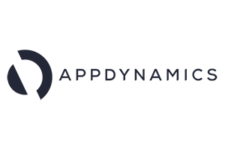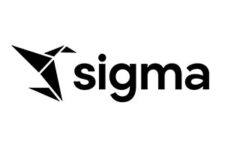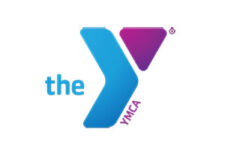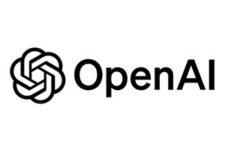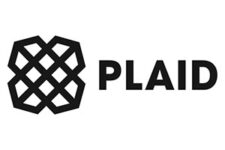Introduction to AI in Event Planning
San Francisco, CA | Updated: 10/04/2024
Artificial Intelligence (AI) is revolutionizing various industries, and event planning is no exception. In the corporate world, where events play a crucial role in marketing, networking, and brand building, AI offers numerous advantages that can enhance the planning and execution of events. This article will explore the various AI technologies being used in event planning and the benefits they bring to event planners.
AI Technologies in Event Planning
1. Chatbots and Virtual Assistants
Functionality: AI-powered chatbots and virtual assistants now go beyond simple inquiries. They engage in natural, conversational AI interactions with attendees, answering questions, assisting with registration, and managing schedules. These chatbots can integrate with platforms like WhatsApp and Facebook Messenger to meet attendees where they already are.
Examples: Solutions like Drift and Intercom are leaders in real-time conversational event interactions, allowing for personalized attendee engagement at scale.
Benefits: 24/7 availability, instant responses across multiple channels, and reduced workload for event staff, improving overall attendee experience and operational efficiency.
2. AI-Powered Event Management Software
Functionality: AI tools in event management software streamline the entire process, from scheduling to real-time analytics and attendee recommendations. These tools are also designed to support virtual and hybrid events, automatically adjusting schedules, recommending sessions, and facilitating personalized networking for both in-person and virtual attendees.
Examples: Platforms like Hopin, Eventbrite, and Cvent use AI for both in-person and virtual event management. Cvent’s OnArrival automates check-ins, while Eventbrite’s AI helps with date and time optimization, boosting efficiency and event success.
Benefits: Streamlined processes, reduced manual errors, and enhanced data-driven decision-making that leads to better event outcomes.
3. Facial Recognition Technology
Functionality: Facial recognition technology, powered by AI, speeds up event check-ins and ensures secure access. However, growing privacy concerns and regulations such as GDPR have prompted the development of AI solutions that balance privacy with convenience. These tools are increasingly integrated with security protocols to safeguard attendee data.
Examples: Companies like Zenus provide facial recognition solutions with built-in privacy measures, enabling quick check-ins while maintaining compliance with data protection standards.
Benefits: Faster attendee check-ins, enhanced security, and improved crowd management, all while maintaining attendee privacy and trust.
4. AI in Event Marketing
Functionality: AI revolutionizes event marketing by using data-driven insights to create personalized marketing campaigns. AI-driven platforms can segment attendees into highly targeted groups, analyzing behavior and preferences to deliver relevant messages through email, social media, and other marketing channels.
Examples: Tools like Persado and HubSpot utilize AI to optimize content, language, and timing for marketing campaigns, significantly improving engagement rates and ROI.
Benefits: Highly personalized marketing, improved engagement, and better-targeted campaigns lead to higher attendance and more effective outreach efforts.
Benefits of AI for Event Planners
1. Efficiency and Time Savings
Impact: AI automates repetitive tasks like registration, scheduling, and email follow-ups, allowing event planners to focus on strategic and creative tasks. New AI scheduling assistants such as x.ai even handle complex scheduling tasks across time zones, reducing the administrative burden.
Example: Platforms like Zapier integrate AI-driven automations that streamline tasks across multiple event platforms, saving planners countless hours of manual work.
2. Enhanced Attendee Experience
Impact: AI improves attendee satisfaction by offering personalized recommendations and interactions throughout the event. AI-powered tools analyze attendee behavior to suggest tailored sessions, networking opportunities, and follow-ups that resonate with individual interests.
Example: AI-driven feedback collection tools like Qualtrics and MonkeyLearn use sentiment analysis to gather insights from post-event feedback, helping planners improve future event experiences based on attendee emotions. AI can analyze attendee preferences to suggest sessions, networking opportunities, and content tailored to individual interests.
3. Data-Driven Decision Making
Impact: AI provides powerful analytics tools that offer real-time insights into event performance. Planners can track attendee engagement and adjust their strategies in real-time to improve overall event outcomes. Predictive analytics tools also forecast session success and attendance numbers, providing valuable foresight for future events.
Example: Tools like Domo and Sisense help planners interpret event data and make informed decisions that optimize event content, schedules, and marketing strategies.
4. Cost Savings
Impact: AI optimizes resource allocation and reduces the need for manual labor, leading to significant cost savings. AI tools can forecast resource needs based on attendee data, minimizing excess costs and waste. In addition, AI helps optimize pricing strategies for venues and resources through dynamic pricing.
Example: Using AI-powered platforms like Clear for check-in and MonkeyLearn for data analysis, event planners can cut down on staffing costs and improve accuracy, leading to more cost-effective operations.
Learn More: AI in Event Planning Series
In the next article, we will delve deeper into specific AI-powered event management tools and how they are being used to streamline the planning and execution of corporate events. Continue reading to gain access to real-world examples and case studies that highlight the effectiveness of these tools.
RELATED CONTENT

